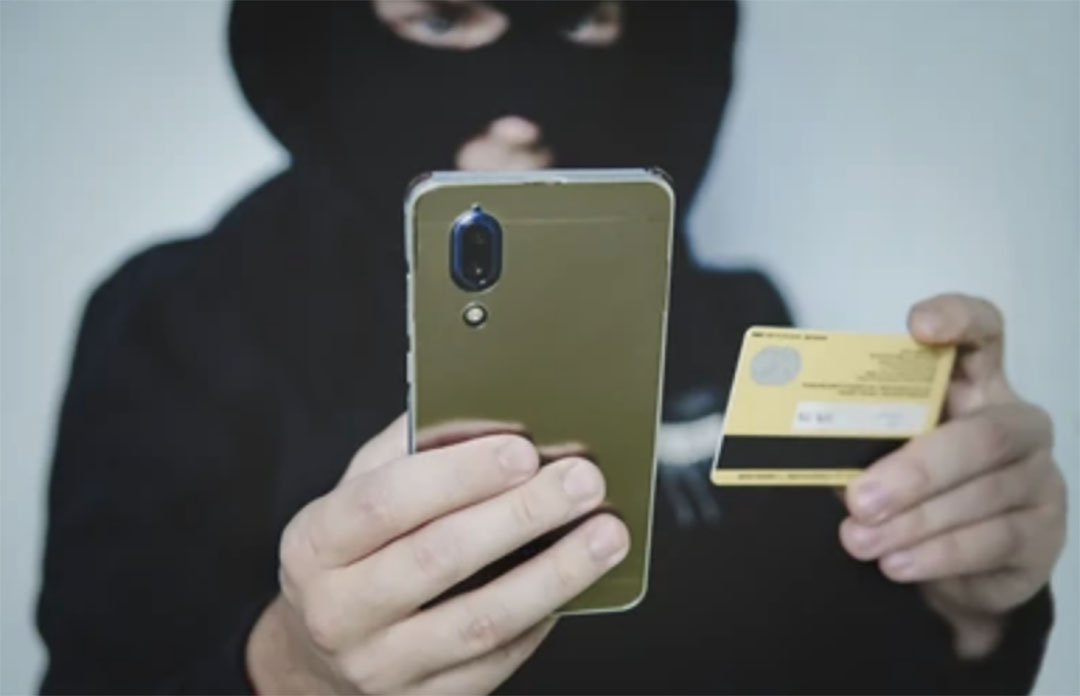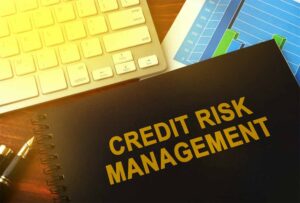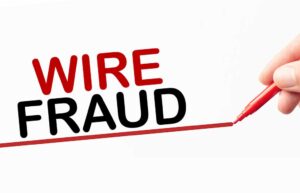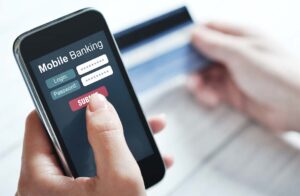Commercial loan due diligence is a critical aspect of the lending process that helps both lenders and borrowers ensure a successful loan transaction. This comprehensive guide will delve into the concept of commercial loan due diligence, its significance, and the different approaches for lenders and borrowers. By understanding the process from both perspectives, you can better prepare and navigate the complex world of commercial lending.
What is Commercial Loan Due Diligence?
Commercial loan due diligence is the process of thoroughly investigating and evaluating the various aspects of a loan transaction to ensure that all parties involved are fully informed and protected. This process aims to identify potential risks, assess creditworthiness, and verify the accuracy of the information provided by both the borrower and the lender. Due diligence is a vital step in the lending process, as it helps minimize the chances of loan defaults, fraud, and other issues that could negatively impact the parties involved.
A bank fraud investigation, or bank fraud case, is a process through which a financial institution investigates allegations of fraudulent activity. A bank can investigate all transactions that involve debit cards and credit cards to determine if any transactions are fraudulent. These investigations are typically conducted by the bank’s fraud department or by another entity hired by the bank to investigate allegations of fraud.
Bank fraud investigations can be lengthy, but they’re also an important part of the banking process. Here’s what to expect when you’re in the middle of an investigation and how it will affect your business.
How do banks investigate unauthorized transactions?
Banks have systems in place to protect customers from fraud. The bank’s fraud team will investigate when a transaction is flagged as suspicious. They’ll usually look at your account history and talk to you about what happened.
Once they’ve established that you didn’t authorize the purchase or payment, the bank will move forward with an investigation into how it happened. Depending on how complicated things are, this can take several weeks or months, but the bank must make sure they find out who did it and recover any stolen funds as quickly as possible.
If you’ve had your card blocked due to suspected fraudulent activity, there are likely hundreds of other customers whose cards have been blocked too. If there’s a pattern of criminal activity at play across multiple accounts held by different people within one institution (e.g., if our hypothetical fraudster has used multiple false IDs), then it might be easier for banks to track down perpetrators since they’ll likely be using similar tactics across multiple institutions. However, if this isn’t happening, perhaps there’s something less obvious going on behind closed doors.
Who conducts bank fraud investigations?
Banks usually have a team of investigators who investigate fraud. However, there may be times when the bank hires an outside agency to conduct the investigation. This can happen if the bank is too busy with other things or needs more resources and expertise to conduct a thorough investigation.
Investigations are typically handled by internal investigators or outside agencies hired by banks. Internal investigators often spend days or years building cases for prosecution. At the same time, external agencies often work on shorter time frames because they may only come in after an incident and need to gather information quickly before moving forward with prosecution. A case can also be closed if it doesn’t result in prosecution within 18 months of its start date.
What happens during a bank fraud investigation?
A typical bank fraud investigation will begin with a complaint from someone who has been defrauded. The person filing the complaint may be an investor or depositor who has lost money through fraudulent activities or someone hired by an investor to oversee their investments but was not paid for their services.
If a case involves an individual employee accused of embezzlement or fraud on behalf of their employer, it is often referred to as internal theft. In some cases, investigators may receive tips from witnesses who have information about possible wrongdoing. They may also work with law enforcement officers in other countries if their suspects are believed to have fled overseas.
Once an investigation is underway, investigators use various methods to gather evidence, including:
- interviews with individuals involved in the case
- reviewing documents such as financial records
- analyzing computer data and other electronic records
Investigators may also work with forensic accountants to help them understand complex financial transactions. They may also use wiretaps or hidden cameras to gather evidence of criminal activity.
In some cases, investigators may use surveillance equipment or track phone calls to gather evidence. Once they have enough information to determine who is responsible and what happened during the crime, they present their findings to prosecutors, who decide whether there is enough evidence to bring criminal charges against any individual.
Become a certified bank fraud investigator
Bank fraud investigations can be lengthy and complex, but they are also important in protecting people’s money. The longer the investigation takes, the better the chance that more fraudulent activity will be uncovered. Banks must detect fraud indicators, conduct interviews with witnesses, and analyze data to catch criminals before they do too much damage or steal money from innocent victims.
BankersHub is the premier provider of training and certification for the financial services industry. Our bank fraud specialist course is designed to help you develop your skills and become a certified bank fraud investigator.
You’ll gain valuable knowledge about detecting fraud indicators, conducting interviews with witnesses, analyzing data, and building a case for prosecution. We also offer certifications in other areas of banking, including compliance training and anti-money laundering compliance.
When you complete our course, we’ll give you access to our online community, where you can continue learning from fellow students and instructors. We offer additional courses on fraud prevention and detecting digital threats.








